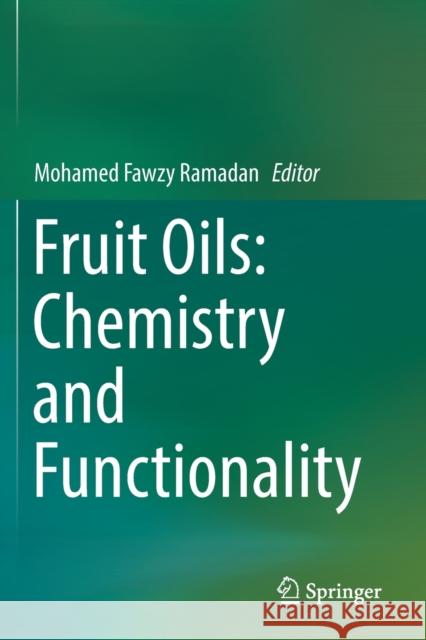Fruit Oils: Chemistry and Functionality » książka
topmenu
Fruit Oils: Chemistry and Functionality
ISBN-13: 9783030124755 / Angielski / Miękka / 2020 / 920 str.
Fruit Oils: Chemistry and Functionality
ISBN-13: 9783030124755 / Angielski / Miękka / 2020 / 920 str.
cena 362,27
(netto: 345,02 VAT: 5%)
Najniższa cena z 30 dni: 346,96
(netto: 345,02 VAT: 5%)
Najniższa cena z 30 dni: 346,96
Termin realizacji zamówienia:
ok. 16-18 dni roboczych.
ok. 16-18 dni roboczych.
Darmowa dostawa!
Kategorie:
Kategorie BISAC:
Wydawca:
Springer
Język:
Angielski
ISBN-13:
9783030124755
Rok wydania:
2020
Wydanie:
2019
Ilość stron:
920
Waga:
1.28 kg
Wymiary:
23.39 x 15.6 x 4.72
Oprawa:
Miękka
Wolumenów:
01
Dodatkowe informacje:
Wydanie ilustrowane











